Evangelical Support for Trump Is Unwavering
Despite the swirl of legal battles and controversy, Donald Trump’s evangelical base stands firm. This unwavering support is significantly bolstered by his role in overturning Roe vs. Wade. Trump’s appointment of conservative Supreme Court justices led to this pivotal decision, hailed as a triumph by anti-abortion groups.
The move not only resonated with his evangelical supporters but also reinforced their allegiance, viewing Trump as a defender of their values. This support persists, even as Trump navigates an increasingly complex political landscape, demonstrating the depth of his influence over this key voter segment.
The Abortion Debate Shifts
In a strategic turn, Trump began advocating for a softer approach to the abortion issue. This shift came in the wake of the Roe vs. Wade overturn, a decision that, while celebrated by his base, was unpopular with the broader public.
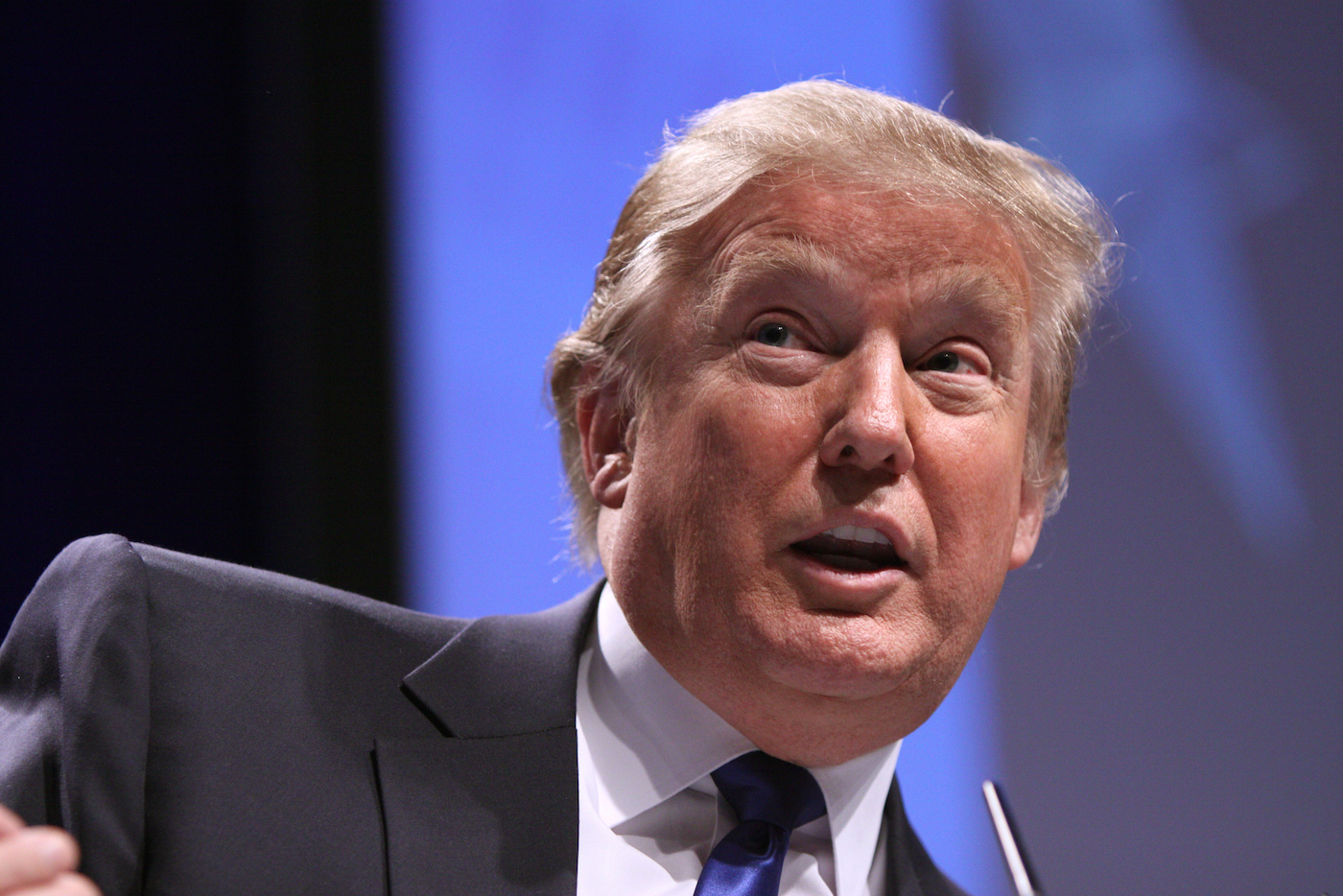
Source: Wikimedia Commons
Recognizing the potential political fallout, Trump urged fellow Republicans to moderate their pro-life messaging. This nuanced positioning reflects an adaptation to changing public sentiment and the desire to maintain broader appeal without necessarily alienating his core supporters.
Evangelicals at a Crossroads
With Trump’s softened stance on abortion and Nikki Haley’s firm pro-life position, evangelical voters find themselves at a junction. They must reconcile their unwavering support for Trump with the evolving abortion debate within the Republican Party.
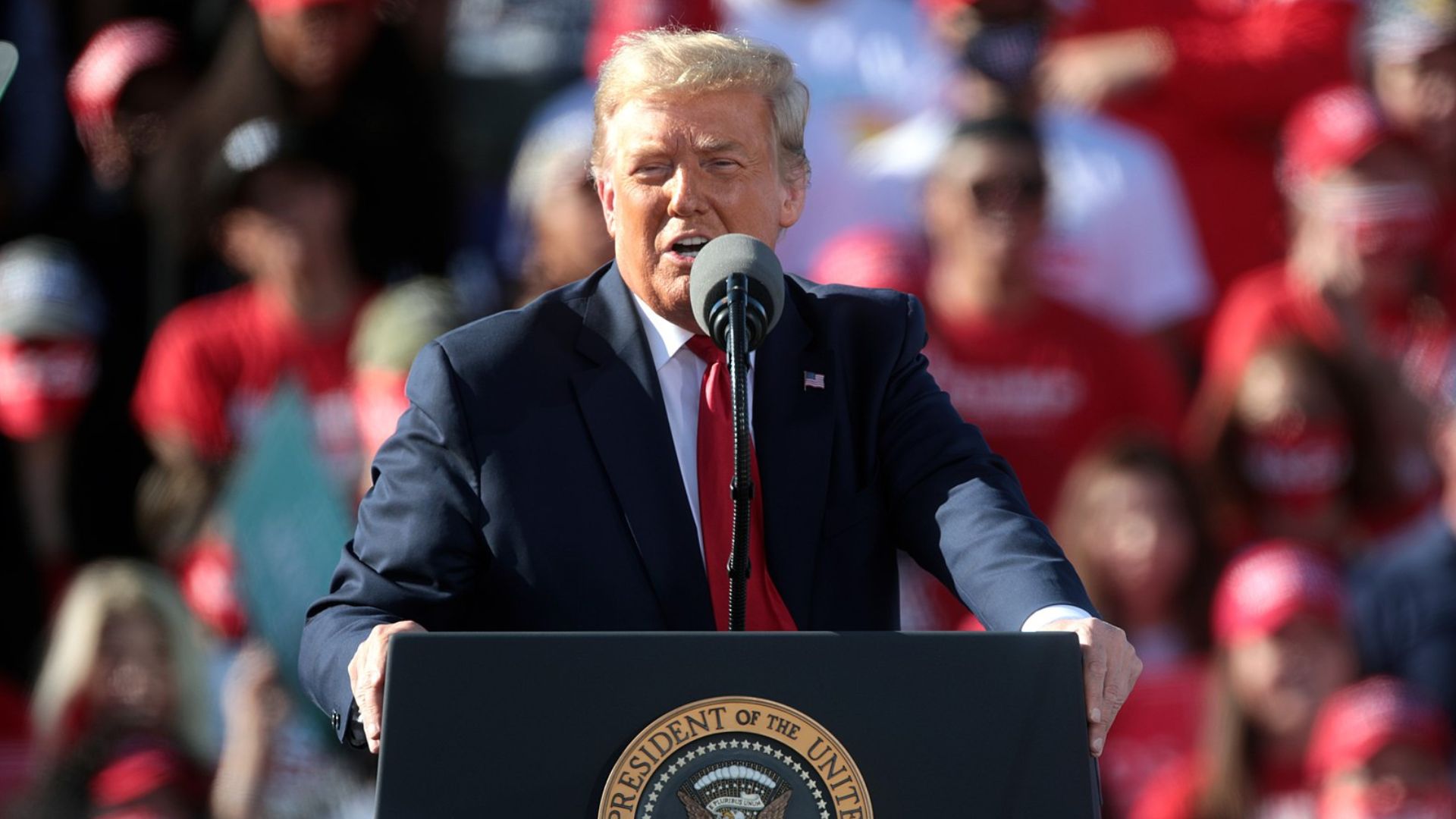
Source: Wikimedia Commons
This scenario highlights the complexities evangelical voters might face as they navigate between religious convictions and political loyalty, especially when candidates present differing views on key issues.
The Power of Partisanship
Ryan Burge, a political scientist and Baptist pastor, points out a fascinating trend: for many evangelicals, political affiliation overshadows religious doctrine. This observation suggests a shift in voting behavior, where party loyalty can supersede specific theological stances.
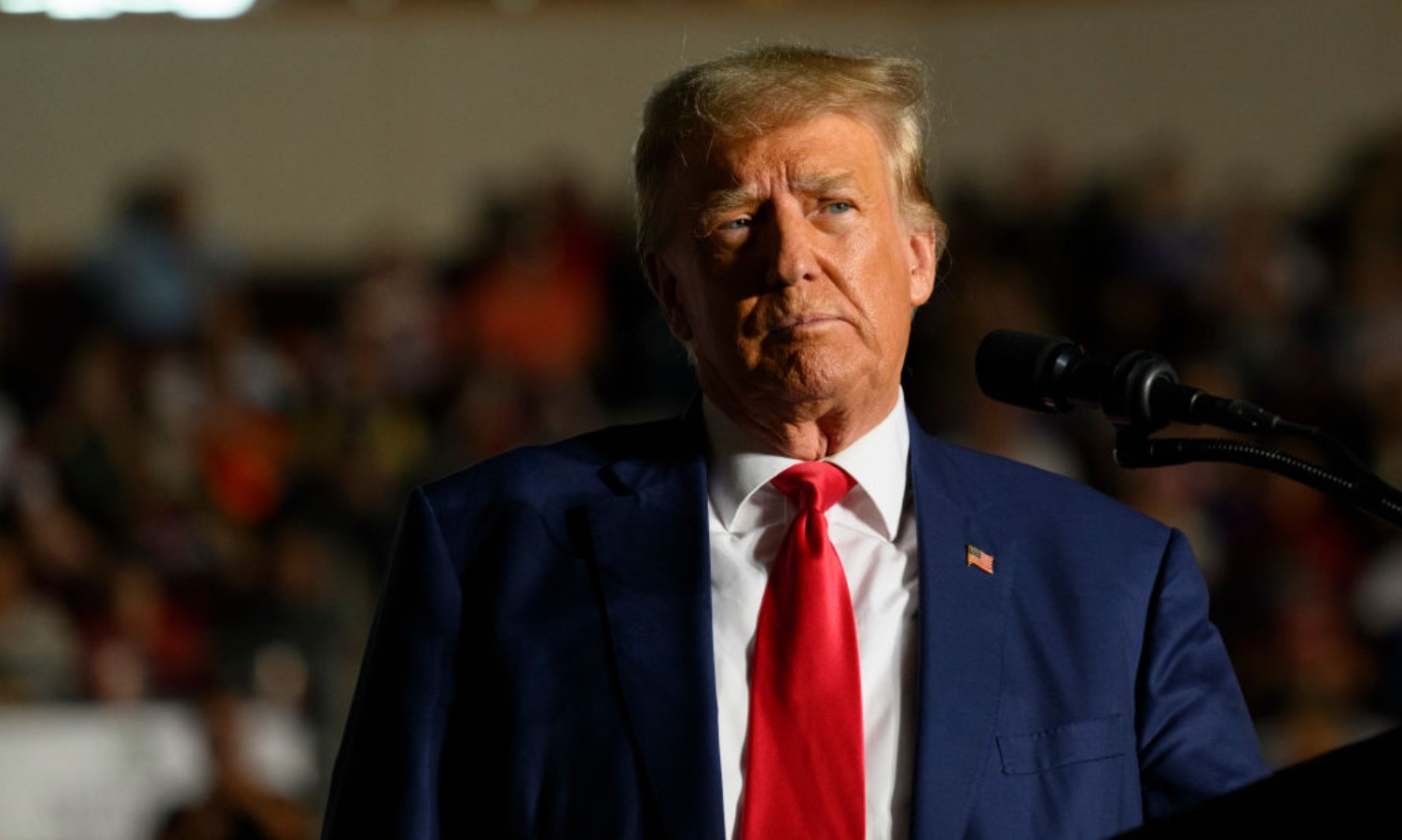
Source: Jeff Swensen/Getty Images
It underscores the multifaceted nature of evangelical support for Trump, intertwining political, cultural, and religious identities.
The MAGA Appeal
Trump’s “Make America Great Again” slogan resonates deeply with evangelical Christians. This message evokes a nostalgia for a past where their cultural and religious values held more weight in American society.
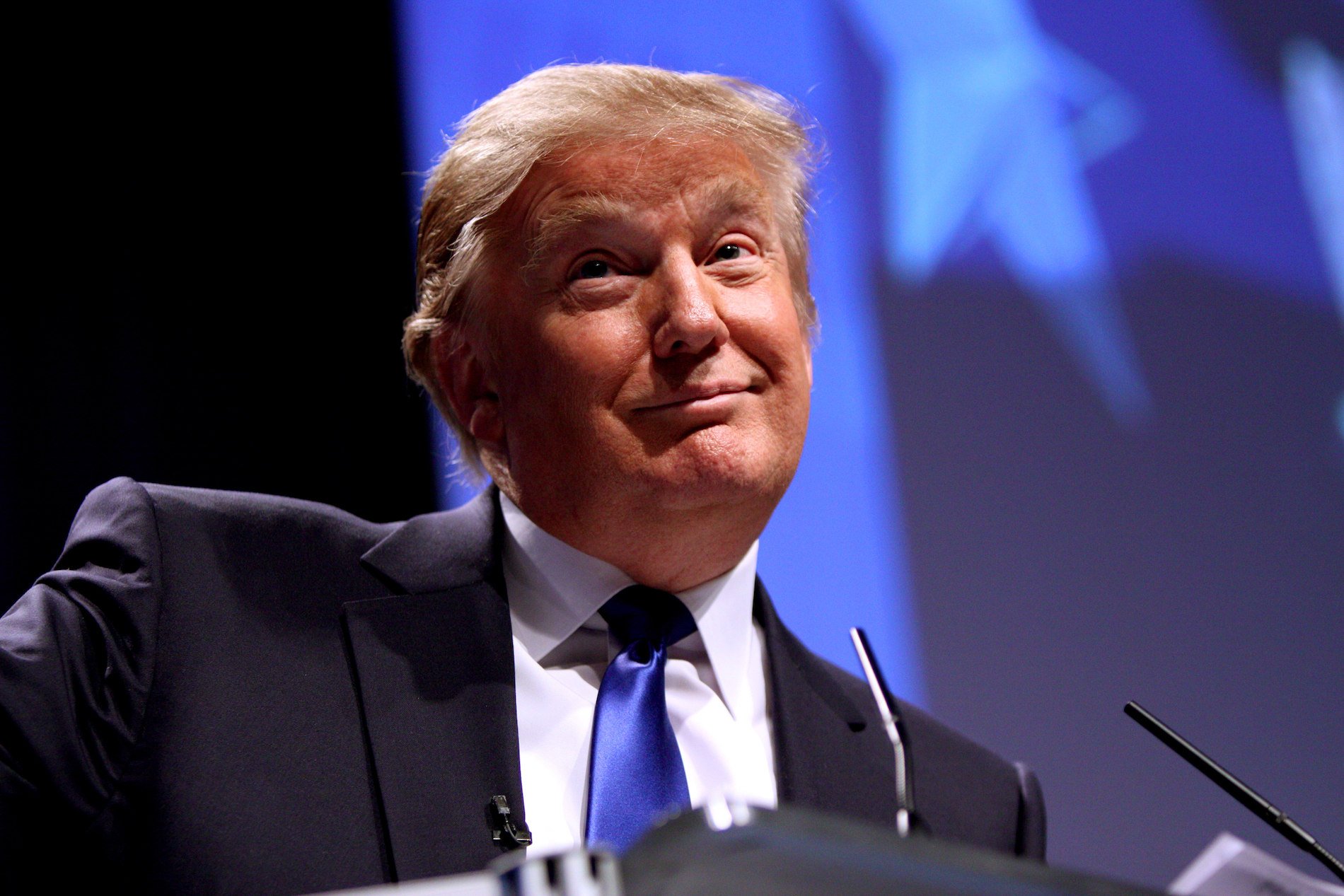
Source: Wikimedia Commons
For many evangelicals, this slogan represents more than a political campaign. It symbolizes a fight to preserve their place in a rapidly changing world, making Trump not just a political leader but a cultural champion.
Immigration vs. Abortion
While abortion is a pivotal issue, immigration also holds significant weight. This dual focus challenges the stereotype of evangelicals as single-issue voters and indicates a broader set of concerns that influence their political decisions.
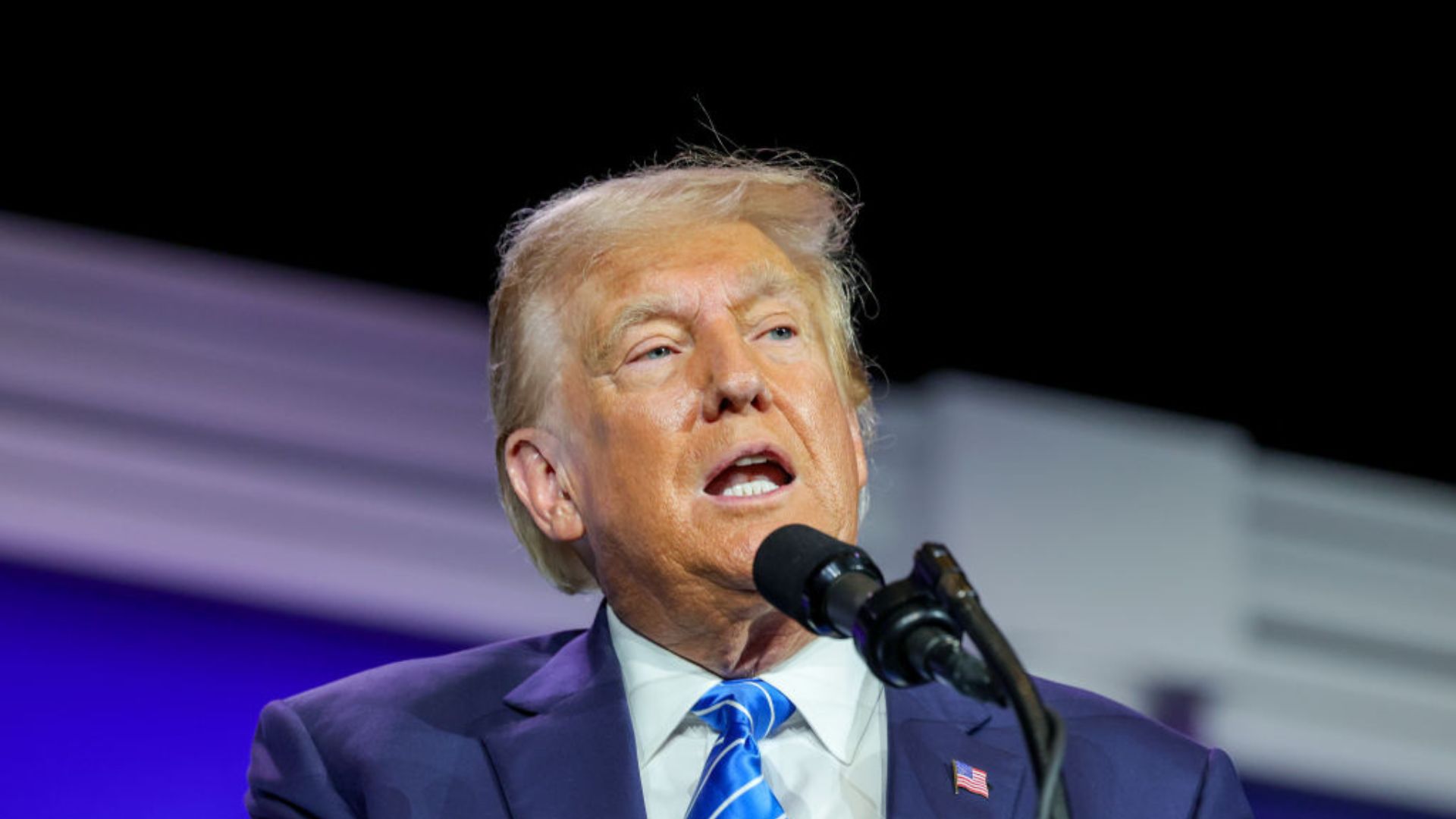
Source: Getty Images
The unspoken semi-equal weighting of these issues within this community reflects the complexity and diversity of their political motivations.
Trump's Strategic Positioning
Trump’s nuanced position on abortion, framing it as a states’ right issue, strategically places him left of some of his Republican counterparts. This stance showcases his political acumen, allowing him to appeal to a broader base while maintaining his core evangelical support.
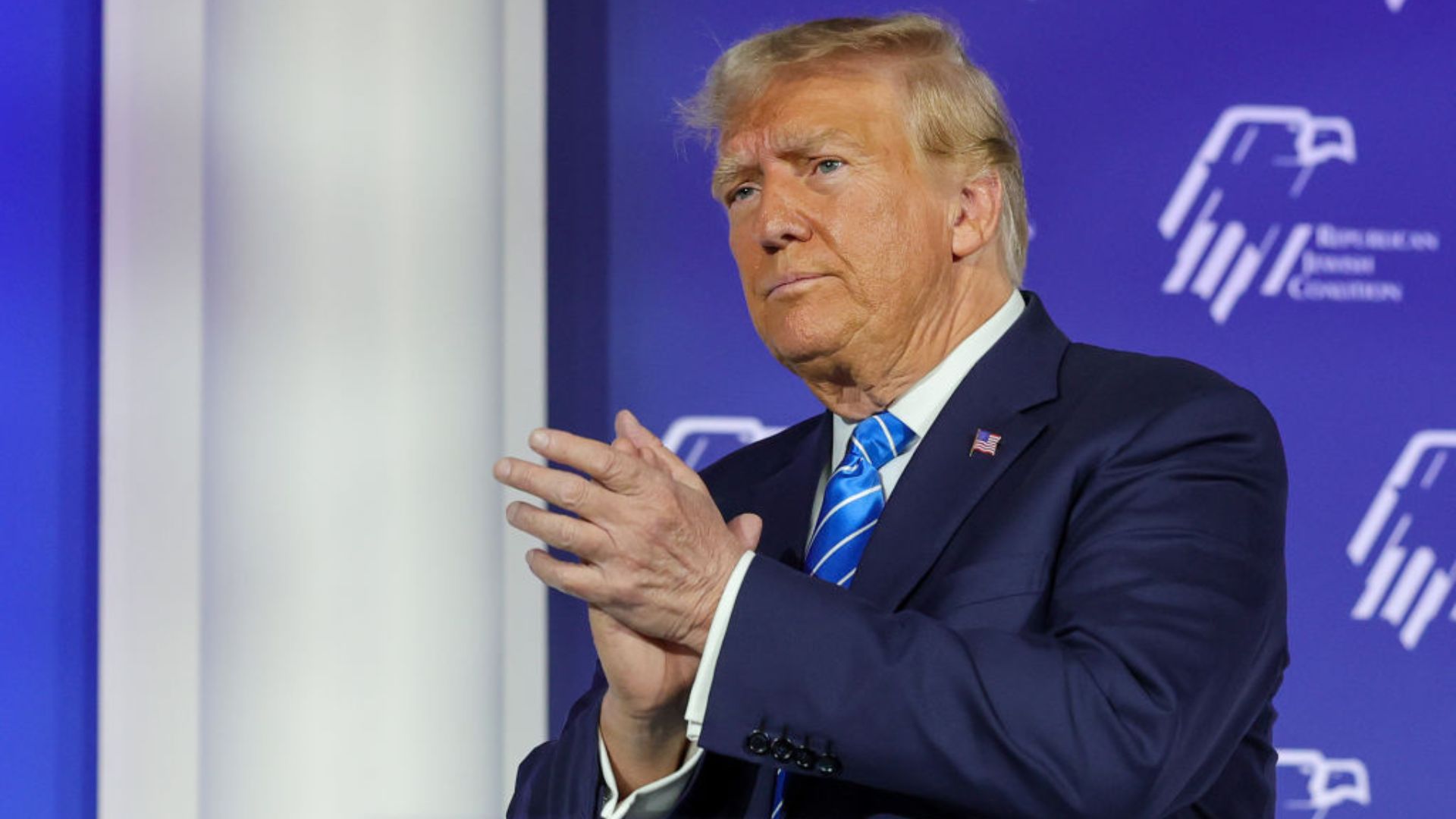
Source: Getty Images
His ability to navigate this delicate issue without significant fallout from his base highlights his team’s understanding of the political landscape and the priorities of his supporters.
Evangelical Support in the Polls
Recent polls and electoral performances, especially in Iowa, reveal an intriguing trend: Trump’s support among evangelicals is not just steady but growing. This increase in support, despite his moderated stance on key issues, defies expectations, and underscores his enduring appeal.
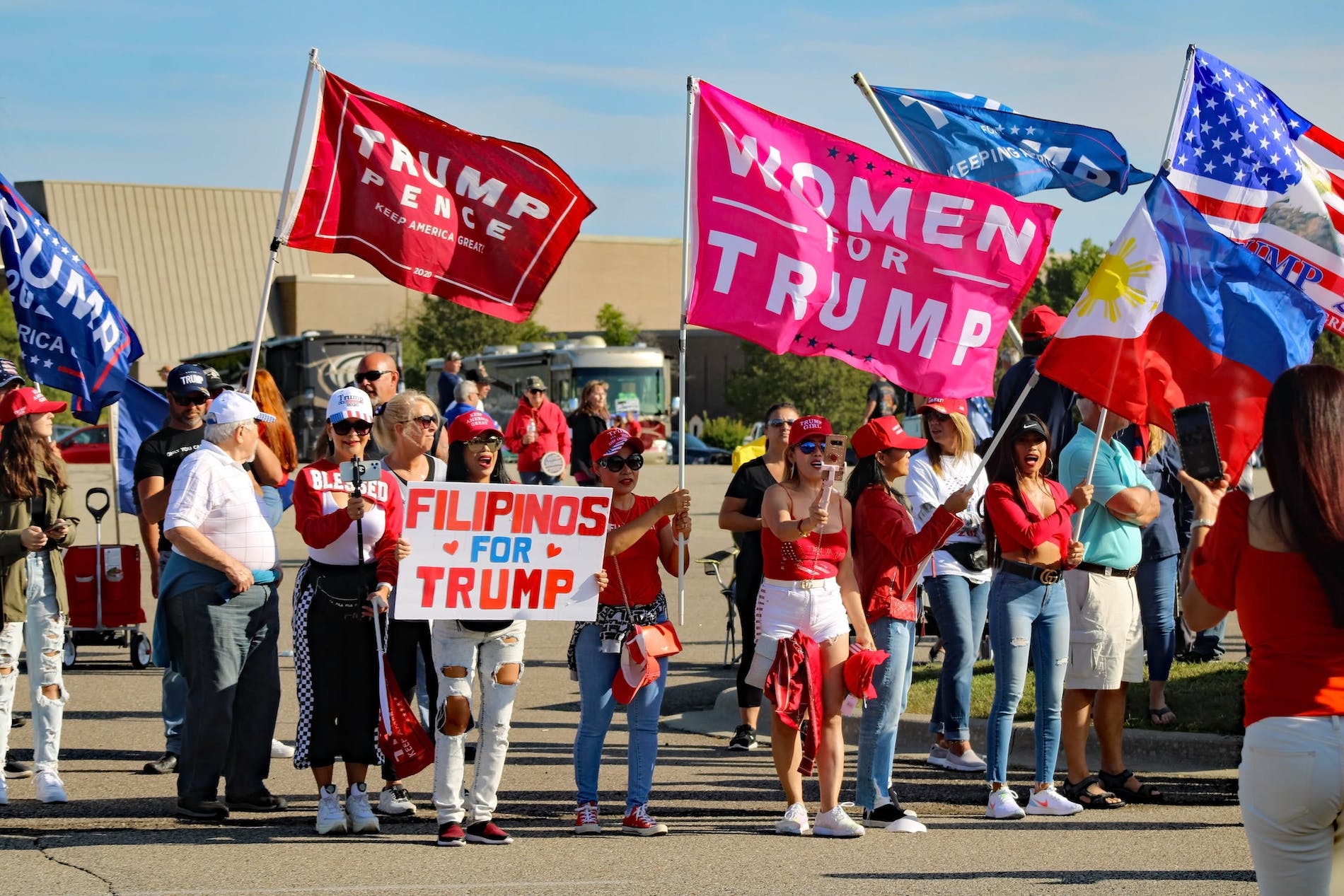
Source: Michael Anthony/Pexels
It reflects a deep-seated loyalty that transcends policy changes, rooted in a broader cultural and political identity.
The Role of Cultural Identity
Trump’s success in maintaining evangelical support can be largely attributed to his ability to tap into their fears and aspirations.
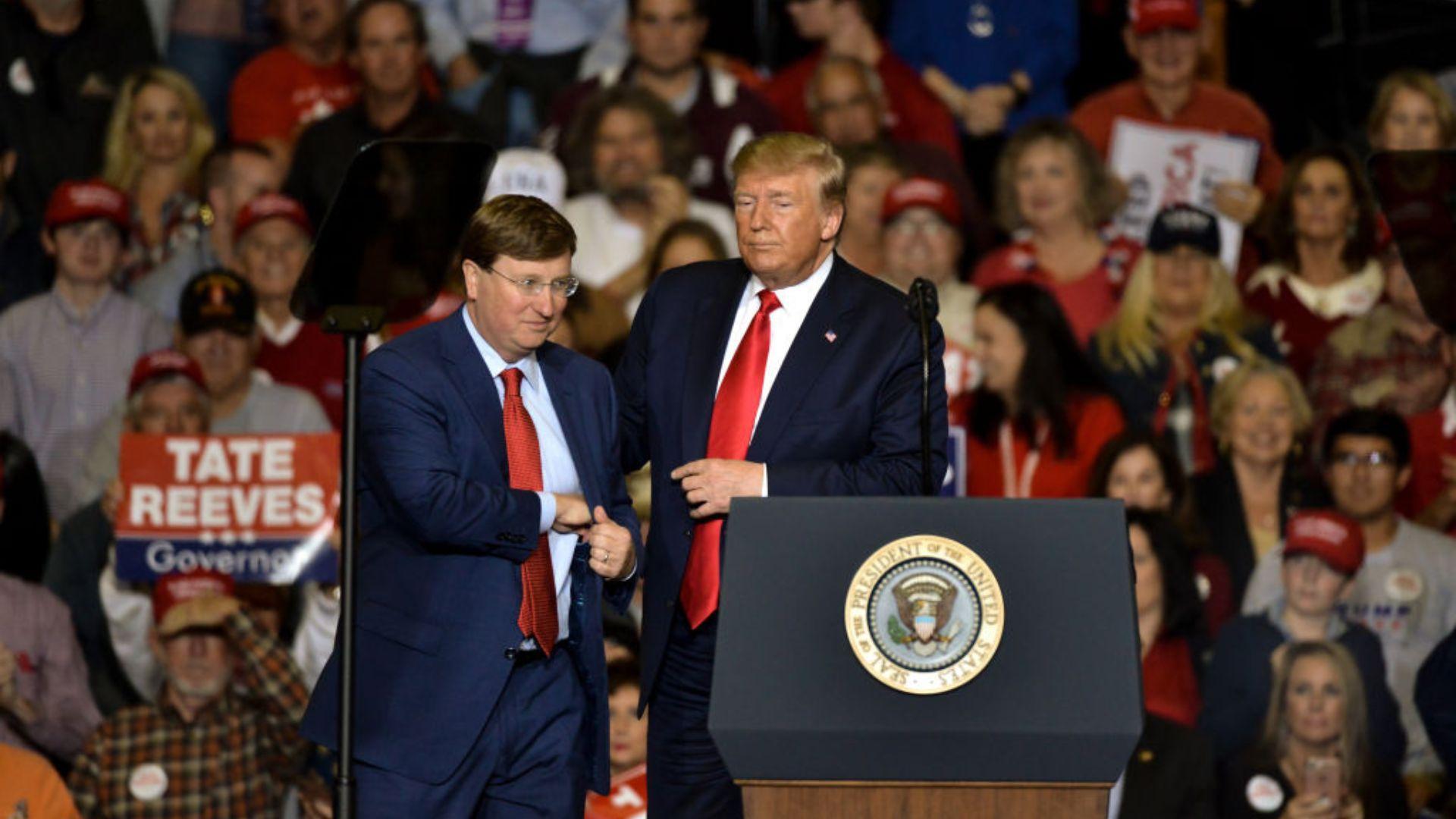
Source: Getty Images
His rhetoric about defending Christian values in an increasingly secular America resonates with many who feel marginalized. This alignment with evangelical concerns goes beyond policy to touch on deeper fears of cultural displacement and loss of influence.
Evangelicals and Political Engagement
The shift in evangelical engagement in politics also highlights a broader trend where religious groups seek political figures who champion their values.
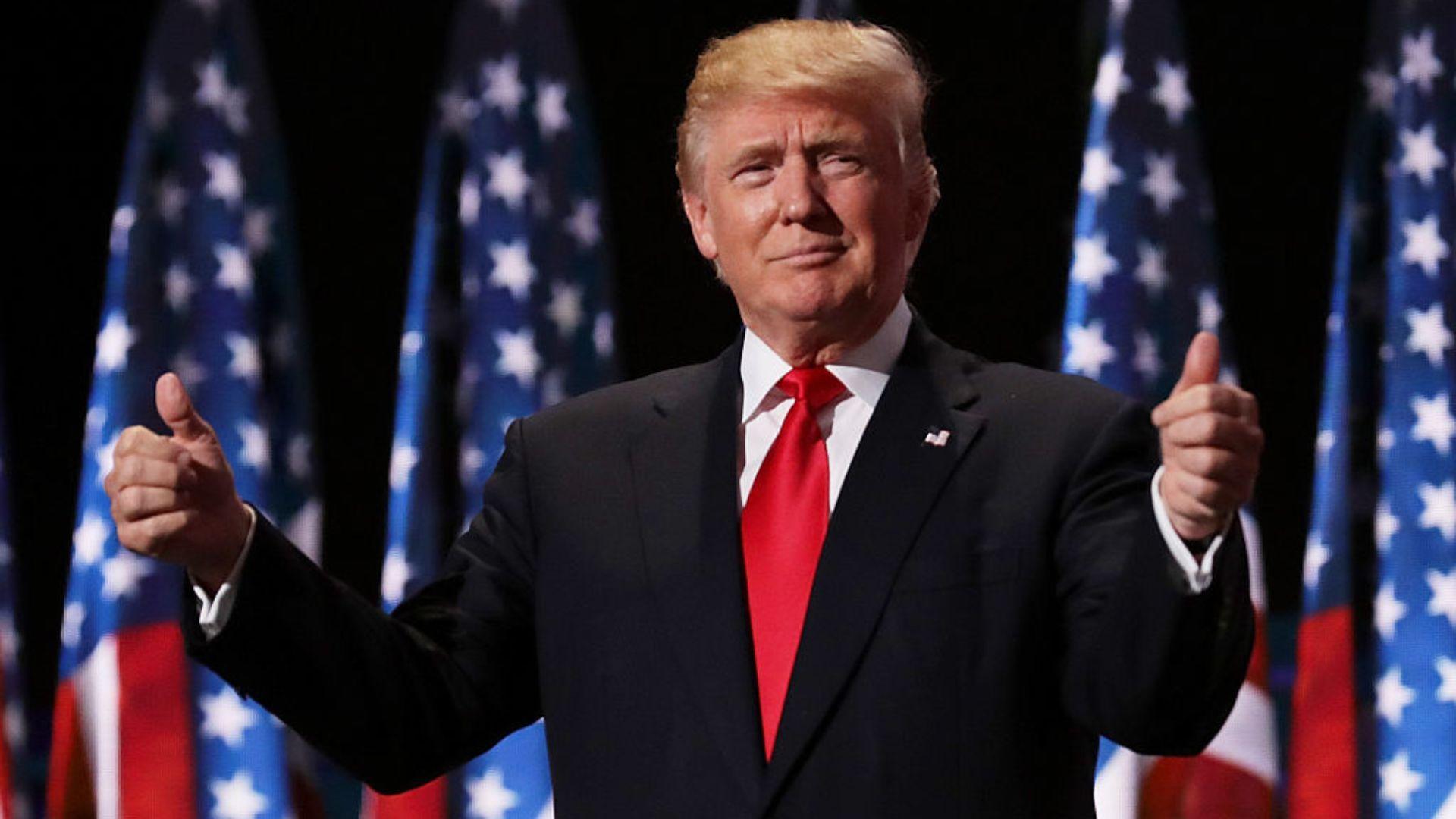
Source: Getty Images
This evolving dynamic reflects a move from traditional religious alignments to a more transactional political engagement, where support is based on perceived benefits and protection of specific cultural and religious values.
The Changing American Religious Landscape
The American religious landscape is shifting, becoming less religious and more diverse. This change motivates many white evangelicals, who fear losing societal influence, to rally around figures like Trump.
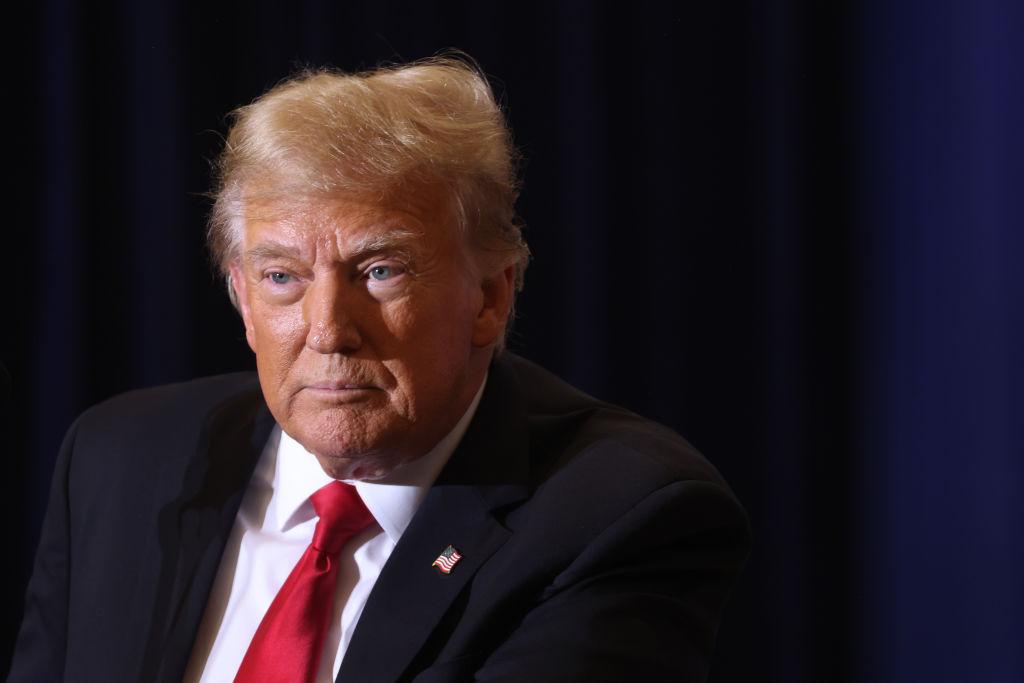
Source: Scott Olson/Getty Images
He represents a bulwark against these changes, promising to uphold and protect their place in American society. This fear of decline is a powerful motivator, driving evangelical voters towards candidates who promise to champion their causes.
The Future of Evangelical Political Power
As the political landscape continues to evolve, the role of evangelical Christians within the Republican party remains a pivotal and dynamic force. Their influence, while challenged by societal shifts, is far from diminishing.
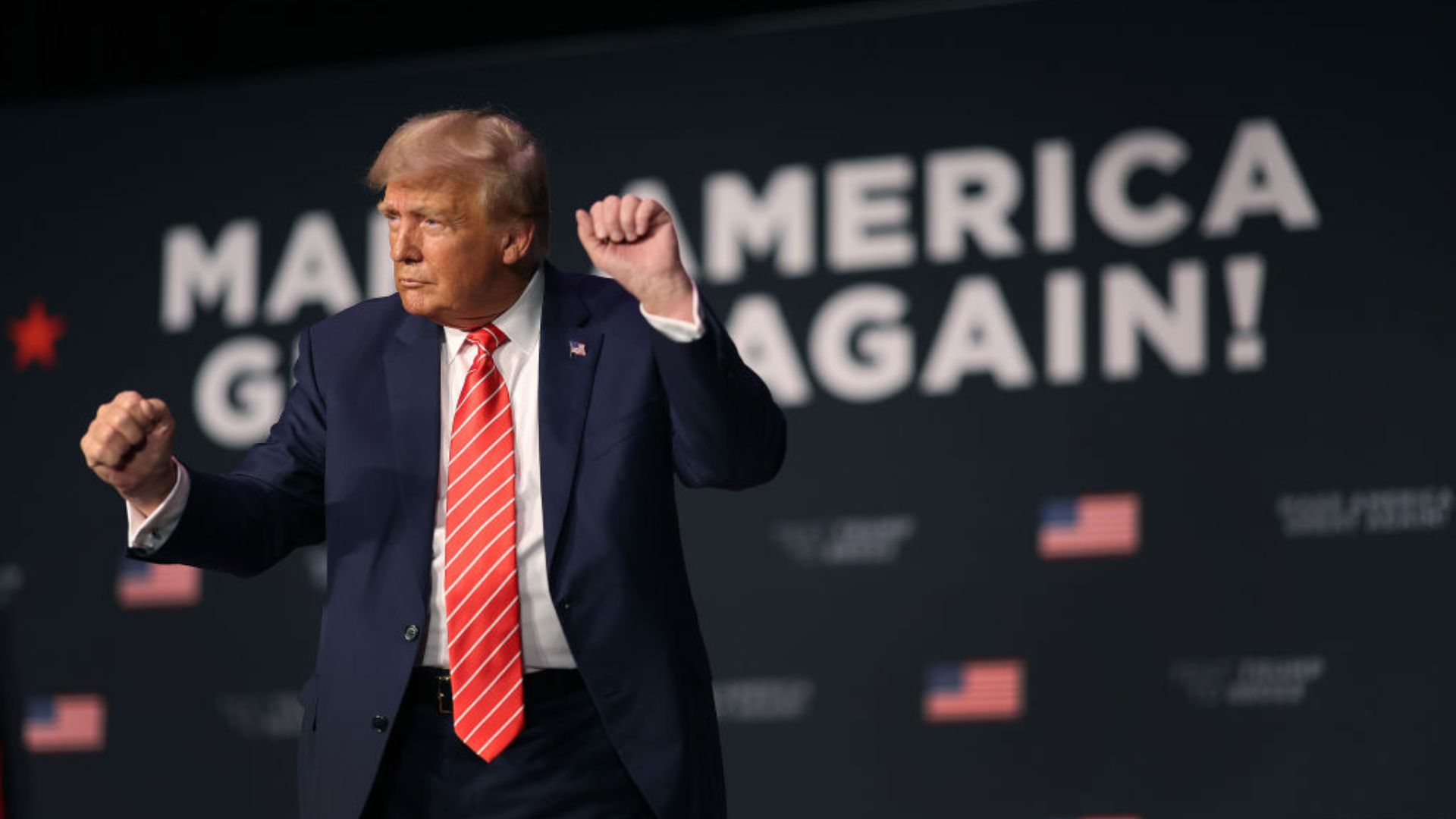
Source: Getty Images
Understanding this evolving relationship between evangelical voters, political figures, and societal changes is important for understanding the potential future of American politics.
